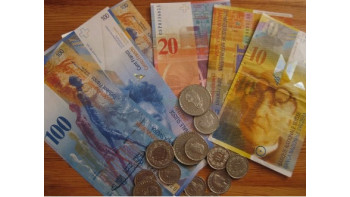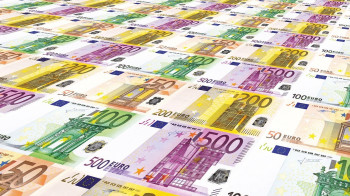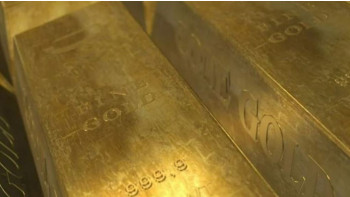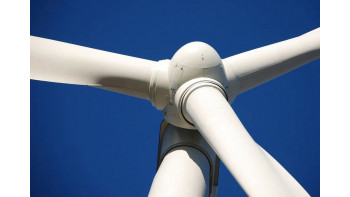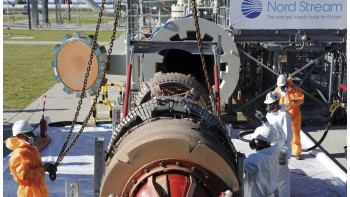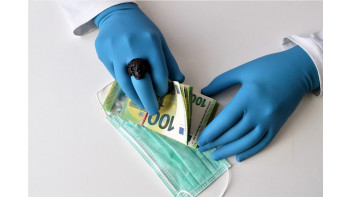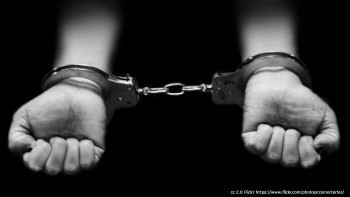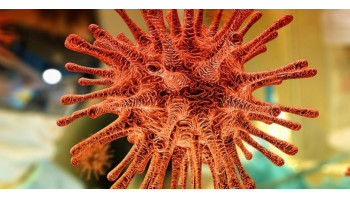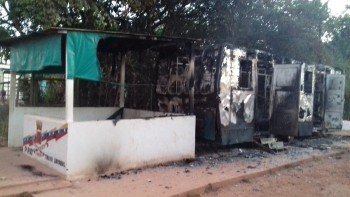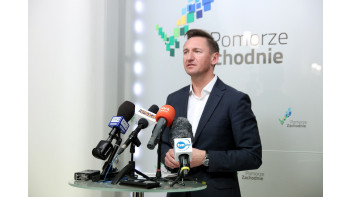Since 2014, congresspeople have submitted a great number of Russia-related legislative initiatives. But there was one legislation that stands out: the DASKA bill introduced in February 2019 implies the toughest sanctions against Russia and covers almost all Russia-US relations sensitive issues, including the annexation of Crimea and war in the Donbas, meddling in the US elections, the Middle East, “chemical” incidents, etc. The US Chamber of Commerce and the American Petroleum Institute explained that the bill has a right to exist, but called on the authors to improve it.
If passed, DASKA would require sanctions targeting, among others, persons that engaged in a significant transaction with Russian political figures, oligarch, or members of their families; those engaged in a significant transaction with a person in Russia that supports or facilitates malicious cyber activities or those who make certain investments in certain crude oil and natural gas projects; or sell, lease, or provide goods, services, technology, financing, or support to Russia that could contribute to Russia’s crude oil capabilities.
US lawmakers are also advancing a bill that would compel the Donald Trump administration to levy sanctions on Russia for fuelling an escalation in the civil war in Libya, as the Defence Department has warned about the deployment of foreign mercenaries into the war zone.
Despite Russia’s persistent military activity in Libya and Syria, it also keeps working on its long-term disinformation and intimidation campaign in Europe.

The European Commission has identified Russian disinformation campaigns as the EU’s greatest threat because “they are systematic, well resourced, and perpetrated on a larger scale than similar campaigns” by any other country, including China, Iran, and North Korea.
The Kremlin's special operations in Europe have been officially recognized as Russian aggression. It included the 2018 Salisbury poisoning when two Russian suspects had allegedly tried to murder former Russian spy Sergei Skripal and his daughter Yulia in the United Kingdom. Britain blames the 2018 attack on two Russian security service officers who allegedly entered the UK using false passports and poisoned Skripals, however, Russia denies all the accusations.
When a local municipality in Prague decided last fall to remove a statue of Ivan Konev from a city square, few locals paid attention. Konev was a World War II Red Army commander who liberated Prague from the Nazis, but who also led the bloody suppression of the anti-Soviet 1956 Hungarian Uprising and chaired the Soviet military delegation sent to Prague to prepare for the 1968 Moscow-led military invasion of Czechoslovakia to crush the pro-democracy Prague Spring. However, the decision to remove the statue was immediately noticed by the Kremlin and it didn’t take long to escalate into a wave of coordinated actions that included protests, disinformation campaigns, the adoption of special legislation in the Russian Duma on the protection of Soviet war memorial, physical attacks against the Czech Embassy in Moscow, and malware attacks that disabled computer systems in several Czech hospitals during the COVID-19 pandemic among the others.
Even though Russia’s hybrid threats are evolving at a fast pace, the country soon might be brought to justice in at least one European court in the Netherlands as the Dutch government took Russia to the European Court of Human Rights over the downing nearly six years ago of Malaysia Airlines Flight 17 over eastern Ukraine.

The evidence mounts on the fact that the Russian military was responsible for using Buk surface-to-air missile which fired from territory controlled by pro-Moscow rebels in the Donbas and downed the plane on July 17, 2014, when it was on its way from Amsterdam to Kuala Lumpur, Malaysia. In the local criminal court case, the Dutch authorities said they had more than 300 witnesses, intercepted calls and messages, and radar data to support their conclusions. It is only a question of time when the Dutch government will officially announce that Russia was responsible for the tragedy that took lives of their compatriots in the Ukrainian sky.


